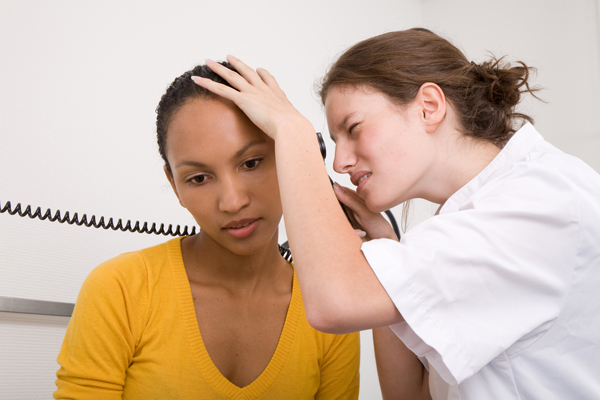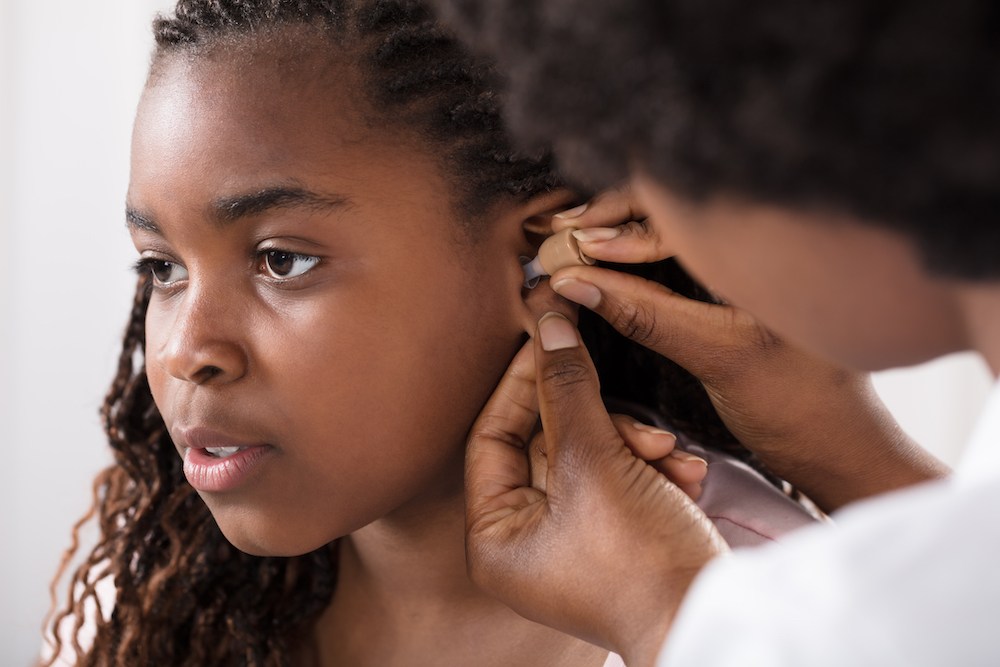What Young Adults Should Know About Hearing Protection
Hearing protection might not be something most young adults think about,
We’re Hiring! Click Here to Learn More About Our Career Opportunities →

Hearing tests are necessary to monitor your hearing health for preventative care and to diagnose any underlying problems. Many people are not committed to regular hearing tests, unfortunately. Consequently, they don’t know what to expect at a hearing test – which only serves to discourage them from taking one.
Hearing tests are quick and non-invasive. Here is a comprehensive overview of what a hearing test will be:
Your audiologist will typically begin the appointment by gathering pertinent information regarding your medical history. This may include any family history of hearing loss, any present conditions you have been diagnosed with, as well as a list of medication you are on. Certain types of medication can contribute to hearing loss, so this information will help your audiologist not only paint a clear picture of your hearing health, but also could provide a cause for your symptoms.
Your audiologist may also want to perform a quick inspection of your ear. During this exam, they will visually inspect your ear canal to look for any abnormalities, as well as a buildup of earwax. If your audiologist discovers impacted earwax, removing this blockage could clear up your hearing loss symptoms.
The hearing threshold test is designed to identify problems that are difficult to diagnose from a visual inspection of the ear canal. This test involves the use of hearing test equipment, such as headphones and an audiogram.
Your audiologist will test your reception of soft sounds and tones using a pair of headphones. You will then be asked to indicate when you hear a sound or tone – you may also be asked to describe it. These tests are designed to test your sensitivity to low-pitched and high-pitched sounds and tones.
You will also be asked to listen to recordings of people speaking through a pair of headphones. The speech can be played in a quiet or noisy room, depending on the audiologist’s judgment. You will then be asked to repeat what you heard word-for-word. These tests are necessary to determine if you are hearing speech clearly.
Your audiologist will have your diagnosis tests ready in about 30 minutes. The audiologist will explain what the results mean and recommend treatment options if there is a problem that requires immediate attention. The audiologist will also offer recommendations of how to protect your hearing health.

Hearing protection might not be something most young adults think about,

Hearing loss usually starts gradually, making it hard to notice right

Choosing the right hearing aid for your needs is about more than just